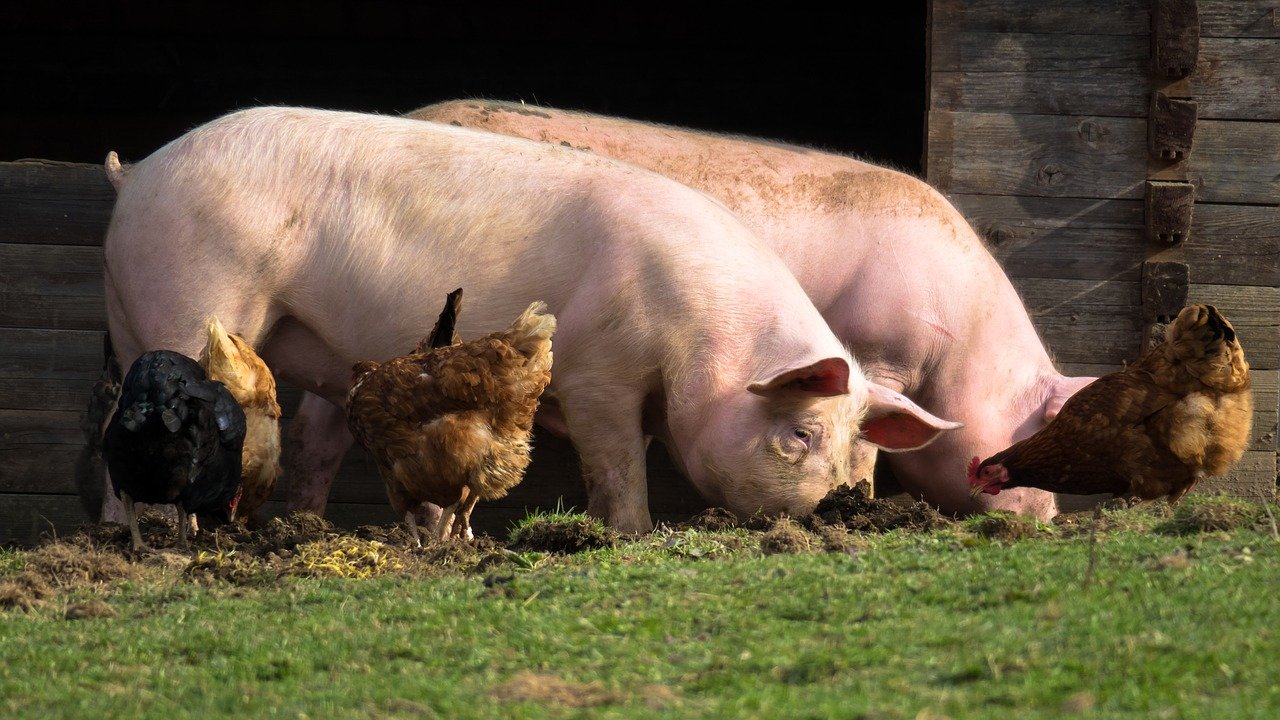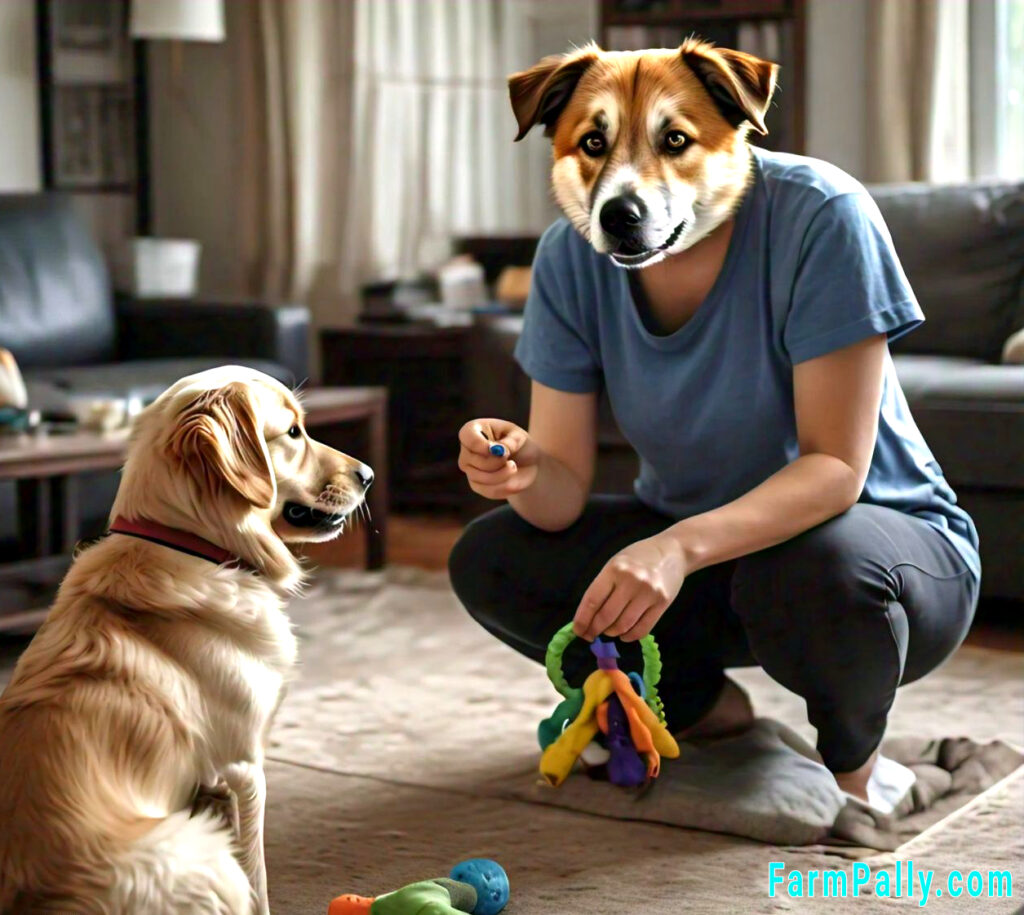Dogs are natural hunters and they have a great sense of smell, friendly and trainable.
Since they have scenting skills and can find things by smelling them without seeing them, they’ve become great potentials in the military.
Dogs with great smelling skills are now trained to search and rescue, detect chemicals and do some other things.
Without taking your pet dog to search and rescue schools, you can still scent train your pet at home with the following tips.
When trained in the right way, your pet dogs will be able to find things in your house. You can train any dog of any age to find the things you are looking for.
While it can be a useful skill, teaching it will be a lot of fun too. Also, it will help in increasing the bonding between the you and the dog.
Go Easy In the Beginning
When you start with the training process where you want your dog to find things, start small. Make it interesting for your dog as well.
To bring some excitement in the training process, pick a toy which is a favorite of your dog.
Now, start with hiding this toy in a place where your dog can find it easily.
Make it obvious to your dog that the toy is kept on the particular spot by making the toy slightly visible.
While you are hiding this toy, make sure your dog sees where you are hiding it.
Allow your dog to stay in one place by tying him up.
Now give your dog a few minutes to catch up with the game.
Once the dog gets all excited, allow him to find the toy by untying the leash.
Your dog will not take much time to spot the toy.
But when your dog finds it, appreciate it with great enthusiasm.
You can even give a treat for your dog so that he knows that finding the toy is the end point in the game.
Try bringing in the command “Find” when you untie him so that he will get accustomed to the command.
So the next time, you command him to ‘Find‘, he will know that he is supposed to search for an object.
Take it to the next level
When your dog is able to find the toy which is present at the obvious spot, repeat the same step several times.
Try to increase the difficulty of the hiding spot, each time you hide it. The difficulty level can be gradually increased.
From the visible hiding spot, the toy can be moved to a partially-seen hiding place.
Each time, command your dog to ‘Find’ the toy and and sheer him up each time he finds the toy.
Start by hiding the toy completely and encourage your dog to find it.
If your dog finds it difficult, then guide your dog to go in the right path by giving him cues like clapping and verbal cues.
If your dog struggles with the process of finding the toy, then allow your dog to smell the toy first.
This will allow your dog to understand how the toy smells.
By doing this, even when the toy or object is hidden, the dog will be able to trace it with the sense of smell.
If it is hidden in a place where the dog can not reach, then you can expect him to bark to indicate the presence of the toy.
Try hiding the toy in the same places where you have hidden before.
Make sure you have completely hidden the toy.
Now there are chances that your dog will get confused as he will be expecting the toy to be found in new places.
Therefore, guide your dog towards finding the object and when he finds it, make a big deal out of it.
When your dog is finally able to find the toy, treat him with some play time or nice cookies








